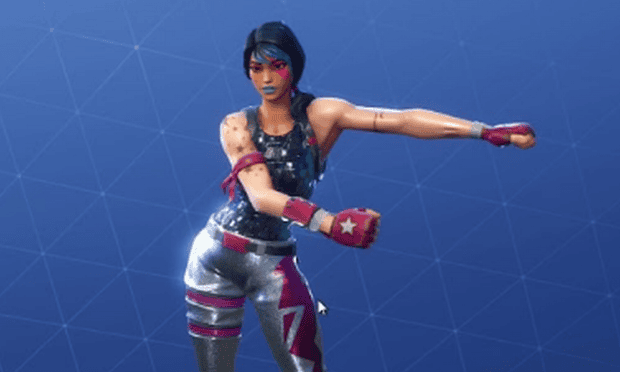Fashion
Thursday, January 3, 2019
Can you really sue Fortnite for 'stealing' your dance moves?
Imagine it is 2014 and you are the rapper 2 Milly. You have just created a new dance for your music video Milly Rock, and it has proved wildly popular. Four years later, an extremely similar dance crops up in a globally successful video game with more than 200 million players. What do you do? What can you do?
The answer, of course, is sue. And that’s exactly what 2 Milly, real name Terrence Ferguson, has done, alleging copyright infringement, having swiftly registered the Milly Rock dance with the US Copyright Office.
This happened two weeks ago and since then, two more complainants have come forward, accusing Fortnite developer Epic Games of using their moves without permission. Fresh Prince of Bel-Air star Alfonso Ribeiro alleges that Fornite used his Carlton Dance, devised for a memorable episode of the hit US sitcom, without permission or credit. And earlier this week, Russell Horning, AKA the Backpack Kid, launched his own lawsuit claiming Epic breached copyright laws for including his signature dance move "The Floss".
So while the copyright disco fills up and solicitors perform their (wallet) stretching exercises, the big question is: can you realistically copyright a dance move?
"A dance can be protected under copyright law in England under the protection afforded to literary, dramatic or musical works (section 3 (2) of the Copyright, Design and Patents Act)," says Alex Tutty of specialist entertainment law firm Sheridans. "But copyright can subsist in it only when it is recorded in writing or otherwise. It doesn’t just exist because you did the dance; it needs to be written down or filmed."
This is handy for the Fortnite complainants, because there is video evidence of all of them performing their respective moves. However, it’s not quite that easy. "There are all kinds of complexities in practice," says entertainment and tech industry lawyer, Jas Purewal of Purewal & Partners. "For example, who owns the dance – the original creator, the dancers or the choreographer? How can they prove they actually created something new? How can they show that someone else actually infringed their dance and didn’t independently come up with it? The law is pretty archaic, too. It’s just not been an area that has had a lot of attention."
There may also be question marks over the definition of choreography in this instance. In US law, choreography is protected under the 1976 Copyright Act, but this has a range of stipulations. The law differentiates between social dances, which everyone can perform, and choreography performed by experts. This means that no one can pop in and copyright the conga. So if Epic can claim these are social dances, it may tap dance out of court with its billions of dollars of revenue intact.
Subscribe to:
Comments (Atom)
